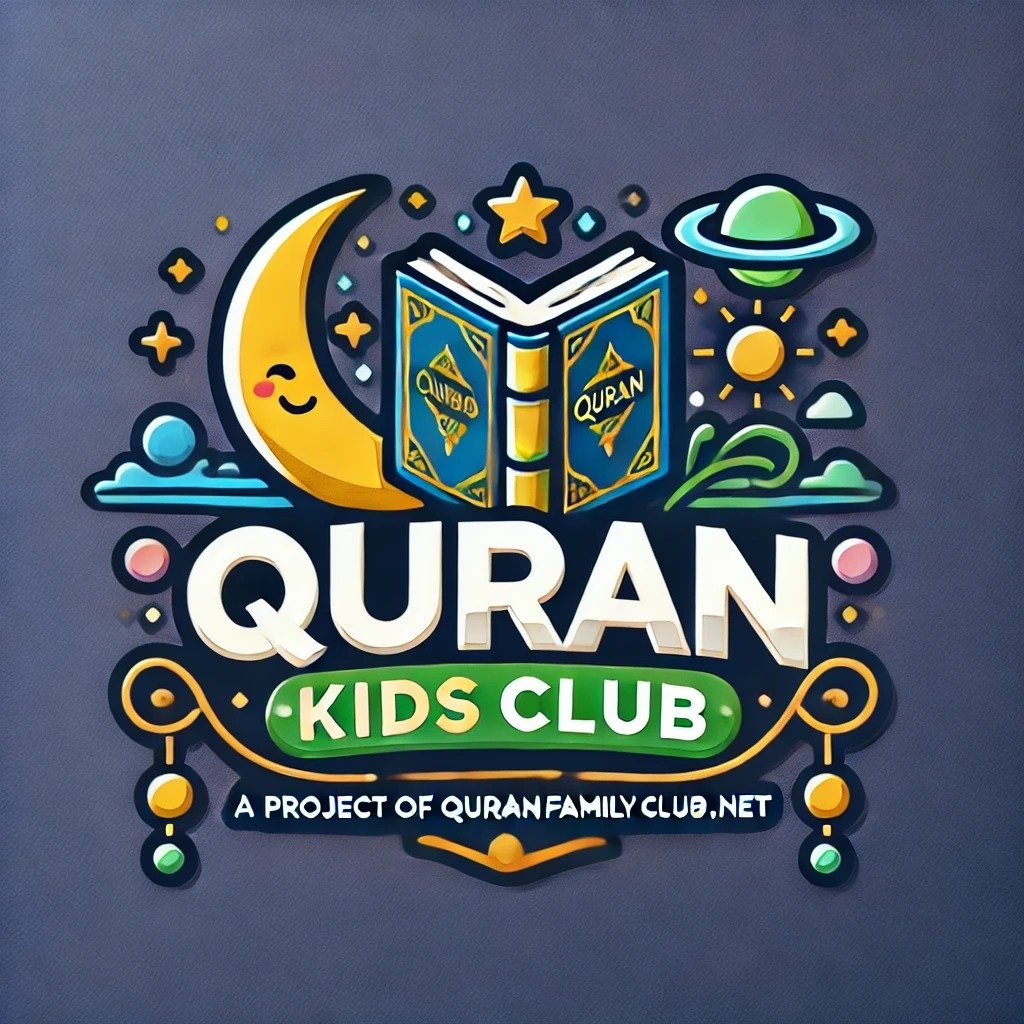.png)
About This Course
Subject: Teaching of Beliefs considering the Quran (تعلیم العقائد فی ضوء القرآن)
Course Description:
This comprehensive online course focuses on the foundational beliefs of Islam as elucidated by the Quran. It covers essential aspects of the Islamic creed, including the nature of Allah, the role of prophets, the significance of angels, and the divine scriptures. The curriculum is designed to give students a deep understanding of these core beliefs, enabling them to engage in scholarly discussions, interpret Quranic verses accurately, and defend Islamic beliefs against misconceptions and criticisms.
What Students Will Learn:
Chapter 1: Belief in Tawhid (Monotheism)
Uniqueness of Allah: Understanding that Allah is unique in His essence and attributes.
Attributes of Allah: Are Allah's attributes inherent, separate, or necessary?
Eternal Nature of Allah: Allah is eternal and ancient.
Omniscience of Allah: Allah is aware of all universals and particulars.
Creator of Good and Evil: Allah is the creator of both good and evil.
Allah Speaks: Allah is a speaker.
The Quran as Allah's Speech: The Quran is the speech of Allah, eternal and uncreated.
Perfection of Allah: Allah is free from all defects and flaws.
Concept of Unity and Immanence: Understanding the beliefs of unity of existence and immanence.
The omnipresence of Allah’s Knowledge and Power: Allah’s knowledge, power, hearing, and sight encompass everything.
Nothing is Obligatory on Allah: Nothing is obligatory upon Allah.
Names of Allah: Allah’s names are fixed by divine decree.
Outcomes: Gain comprehensive knowledge about Allah’s essence and attributes, strengthen belief in monotheism, recognize misguided sects, and develop skills to debate with atheists and misguided sects.
Chapter 2: Belief in Prophethood (عقیدہ رسالت)
Prophets as Chosen and Infallible Servants: Understanding that prophets are chosen and infallible servants of Allah.
Gift of Prophethood: Prophethood is a divine gift, not an acquired trait.
Faith in All Prophets: Belief in all prophets is obligatory, and differentiating between them is disbelief.
Infallibility of Prophets: Prophets are free from all kinds of sins.
Miracles as Proof of Prophethood: Miracles are evidence and certification of prophethood.
Prophets Do Not Practice Taqiyyah: Prophets do not practice dissimulation.
Prophets Never Removed from Prophethood: Prophets are never removed from their position of prophethood.
Faith in Allah and His Messengers: Faith in Allah is not accepted without faith in His messengers.
Distinctive Qualities of Prophet Muhammad ﷺ: Special qualities of Prophet Muhammad ﷺ.
Belief in the Finality of Prophethood: Understanding the belief in the finality of prophethood and the global stance.
Outcomes: Gain detailed knowledge about the belief in prophethood, develop respect and love for prophets, identify and counter those who disrespect prophets, understand the concept of the finality of prophethood, and learn about the Islamic legal punishment for blasphemy.
Chapter 3: Beliefs Regarding Angels (ملائکہ)
Angels as Light Beings: Understanding that angels are beings made of light.
Infallibility of Angels: Angels are infallible.
Four Famous Angels: Learn about the four famous angels.
Types of Angels: Study the different categories of angels.
Outcomes: Gain essential details about angels, their nature, and their roles.
Chapter 4: Beliefs Regarding Revealed Books (کتبِ منزلہ)
Books and Scriptures of Allah: Study the divine books and scriptures.
Four Major Books: Understand the four major books and the false belief of Quranic distortion.
Preservation of the Quran: The preservation of the Quran is guaranteed by Allah.
The Quran as an Attribute of Allah: The Quran is an attribute of Allah.
Virtues of the Quran: Learn about the virtues of the Quran.
Memorization of the Quran: The virtues of memorizing the Quran.
Importance of Tajweed in Recitation: The importance of Tajweed in recitation.
Translations of the Quran: Study the translations of the Quran.
Outcomes: Gain correct beliefs about the Quran and other divine books, understand the unique features and merits of the Quran, learn about the virtues of the Quran and its memorization, and learn about Quran translations and how to choose an accurate one.
After Completing This Course:
Students will be able to:
Engage in Scholarly Discussions: Participate in academic and theological debates about Quranic interpretations and Islamic beliefs.
Accurate Interpretation: Provide precise and contextually accurate interpretations of Quranic verses.
Defend Islamic Beliefs: Defend Islamic beliefs against misconceptions and criticisms, using well-founded arguments.
Teach and Guide Others: Educate others about the principles of Tawhid, prophethood, and the nature of divine books and angels.
Pursue Advanced Studies: Use the foundational knowledge from this course to pursue advanced studies in Islamic theology, jurisprudence, and Quranic sciences.
Professional Opportunities: Apply their knowledge in academic, religious, and educational institutions as teachers, researchers, and scholars specializing in Quranic studies.
This course is ideal for anyone looking to deepen their understanding of the Quran and Islamic beliefs, whether for personal enrichment, academic research, or professional development.
Curriculum Overview
This course includes 4 modules, 0 lessons, and 0 hours of materials.
Course Certificate
.png)
Course Specifications
Send Course as Gift
.png)






.png)
.png)


.png)



.png)
.png)






Reply to Comment